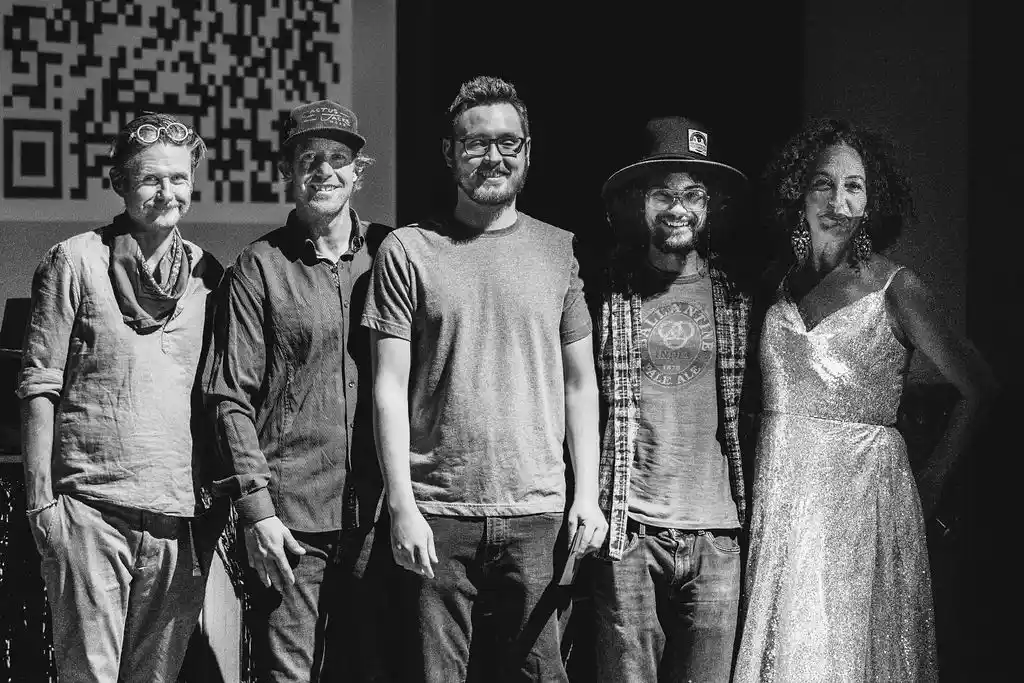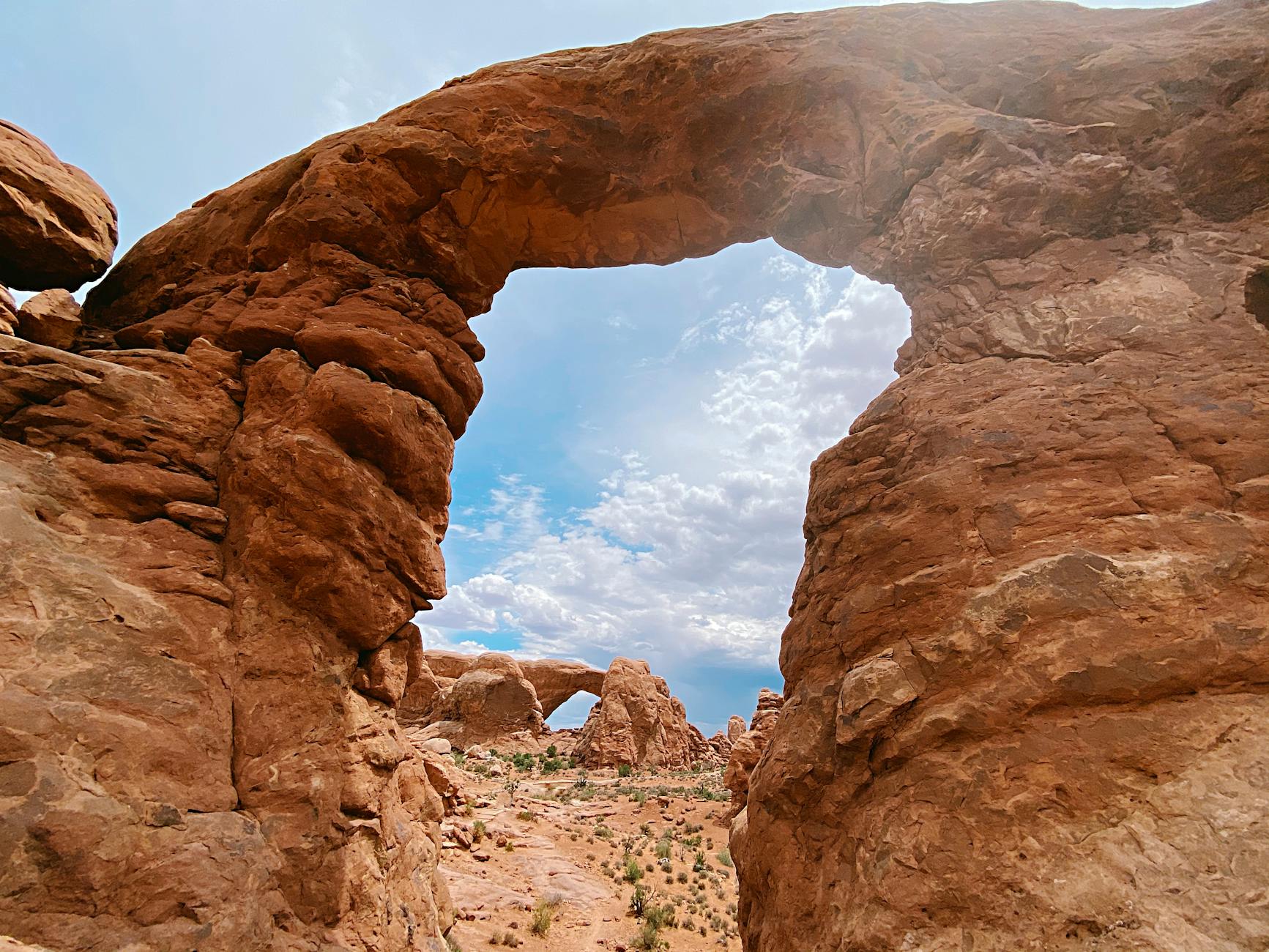Construction on the Colorado River Pathway will begin within the next few weeks.
The Grand County Council awarded the $6.4 million contract to Flat Iron Construction to build a transit hub, underpass and bicycle path.
The original $9.2 million plan for the pathway had some modifications.
“We got more path but we have a higher construction contingency,” said Krissie Braun, Grand County planner.
A 15-percent contingency fund has been reserved for unforeseen site conditions or potential additions.
“For example we may get to the end and decide ‘we can build this little trail here’ and use that amount of money,” said Dave Dilman of Horrocks Engineering.
Kim Schappert, director of Moab Trails Alliance, was able to secure $9.2 million for this project through the Paul S. Sarbanes Transit in Parks Program. Without a sufficient contingency plan, any unexpected costs beyond the contract would be borne by the county.
“This is a safety measure for the county,” Braun said. “We didn’t want to have higher construction costs without sufficient contingency.”
The project includes a transit hub at the junction of Highway 191 and State Route 128. The transit hub will have 43 parking spaces, a 200-foot loading area, restrooms and shade shelter. A 60-foot underpass will be built to provide passage for pedestrians and bicyclists under State Route 128 between the transit hub and Lion’s Park.
There will also be 1.5 miles of alternating retaining walls, elevated concrete pathways and trail built that will connect Lion’s Park to the trail that now goes through Goose Island Campground and then continue an additional half-mile after the campground. This will provide 2.5 miles of safe passage for pedestrians and bicyclists along the two-lane scenic byway.
The elevated concrete paths are built like bridges with girders and decks. Holes will need to be drilled for piers. A crane, which will take up both lanes of traffic, is needed to place the girders and decks.
Engineers have been working with Castle Valley residents to find solutions to a construction project that will affect daily commutes into town. Contractors are allowed to shut down to one lane between 5:30 a.m. to 11:30 p.m. Traffic delays should be 15 minutes or less for commuters.
The only time the highway will be completely shut down is to use a crane to place drill shafts, columns, girders and bridge decks for the elevated path. Contractors are allowed to do full closures between 11:30 p.m. and 5:30 a.m. No work will be done on Friday and Saturday nights.
Not all the work is as complex.
“There are some spots that are wide enough to build trail without having to build a retaining wall or elevated trail,” Dilman said.
The planning committee for the project decided to shorten part of the originally planned trail after Goose Island.
“We realized that in order to keep an adequate contingency, we needed to revise one of the structures in the base bid,” Braun said.
This also opened the budget to be able to build an additional 300 feet of trail along State Route 128 and bridge at Negro bill Canyon. This will tie into the existing trail near Granstaff Campground and connect to the underpass from Porcupine Trail.
“There tends to be congestion at Negro Bill Canyon,” Braun said, referring to the small area that has pedestrian, bicycle and motorized traffic from the parking lot at Negro Bill Canyon, Granstaff Campground and the trail outlet from Porcupine Trail.
This leaves a ¾-mile gap where bikes and cars must share the narrow road between Negro Bill Canyon and end of the half-mile trail after Goose Island Campground.
“I think its going to blow people’s minds,” Schappert said. “They can walk along the river on an elevated causeway. People are going to experience the river in a way they never have been able to before.”
Dilman commended Schappert for her work on this project.
“She has done a wonderful job. She had vision and foresight and secured funding to allow it to happen,” Dilman said. “We’re luck to have this money from Paul S. Sarbanes. We’ve been in stiff competition. We’re very fortunate to receive this money.”
Much of the tout of the pathway is to provide safe passage for mountain bikers.
The Lower Porcupine Singletrack, which meets SR 128 near Negro Bill Canyon, acts like a funnel for several mountain bike trails that begin at Geyser and Burro passes on the La Sal Mountains, or one of the many trails in the Sand Flats Recreation Area. All that bike traffic then spill onto SR 128.
The Utah Department of Transportation built an underpass north of Negro Bill Canyon to allow mountain bikers to be able to safely come off the mesa onto a trail near the river at Granstaff Campground. The Colorado River Pathway is the missing link to provide a safe trail where there is now little to no shoulder for two miles of the three miles remaining to town. When the project is completed there will only be ¾-mile where cars and bicycles will have to share the road between Negro Bill Canyon and Highway 191.
Schappert is in the process of submitting an additional $2 million grant application from the Paul S. Sarbanes Transit in Parks Program. This is the last time Schappert will be able to apply for funds, as the program will be discontinued.
“It won’t be enough to finish the path, but it will be better than nothing,” Schappert said.
The Grand County Council agreed to be a partner in this last grant application.
“The more we can do, the safer the road would be,” said Grand County Councilman Chris Baird. “It may be the difference between life and death.”




